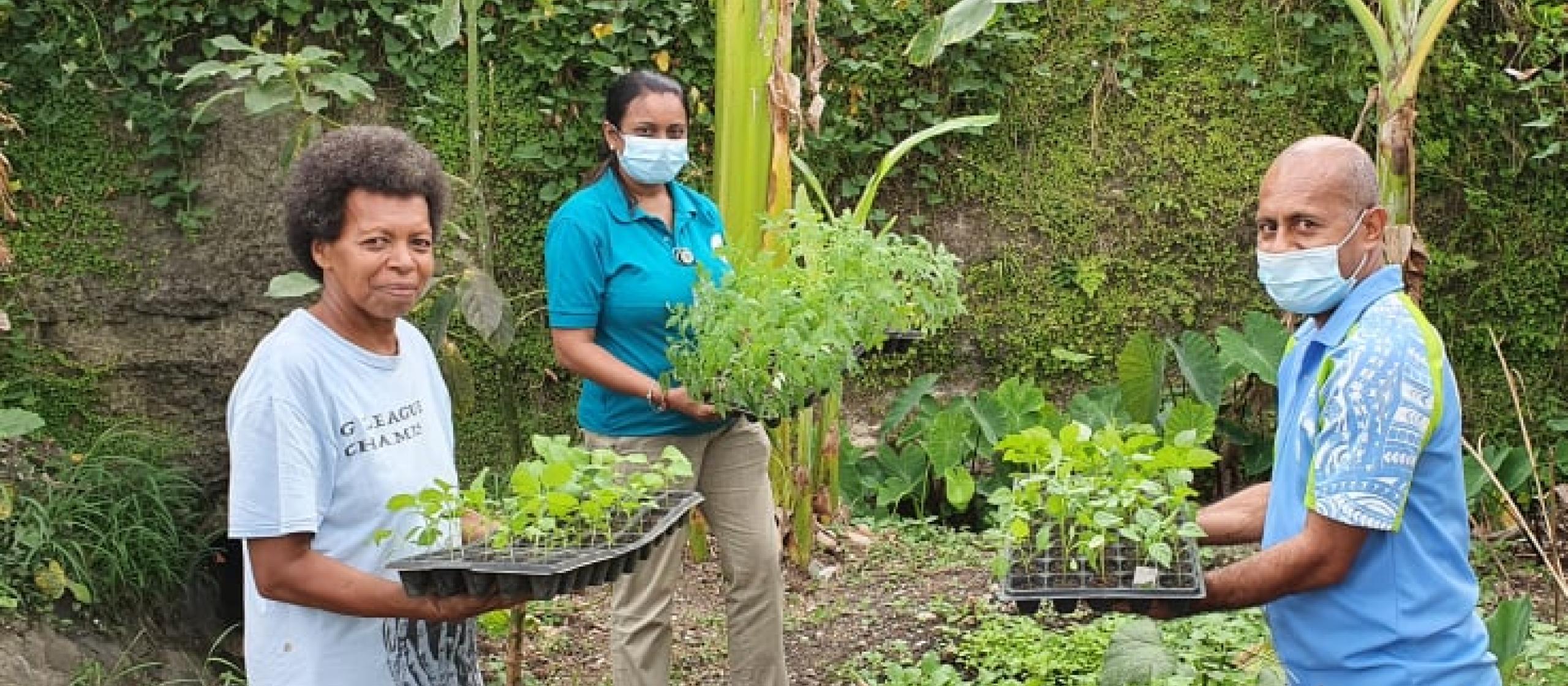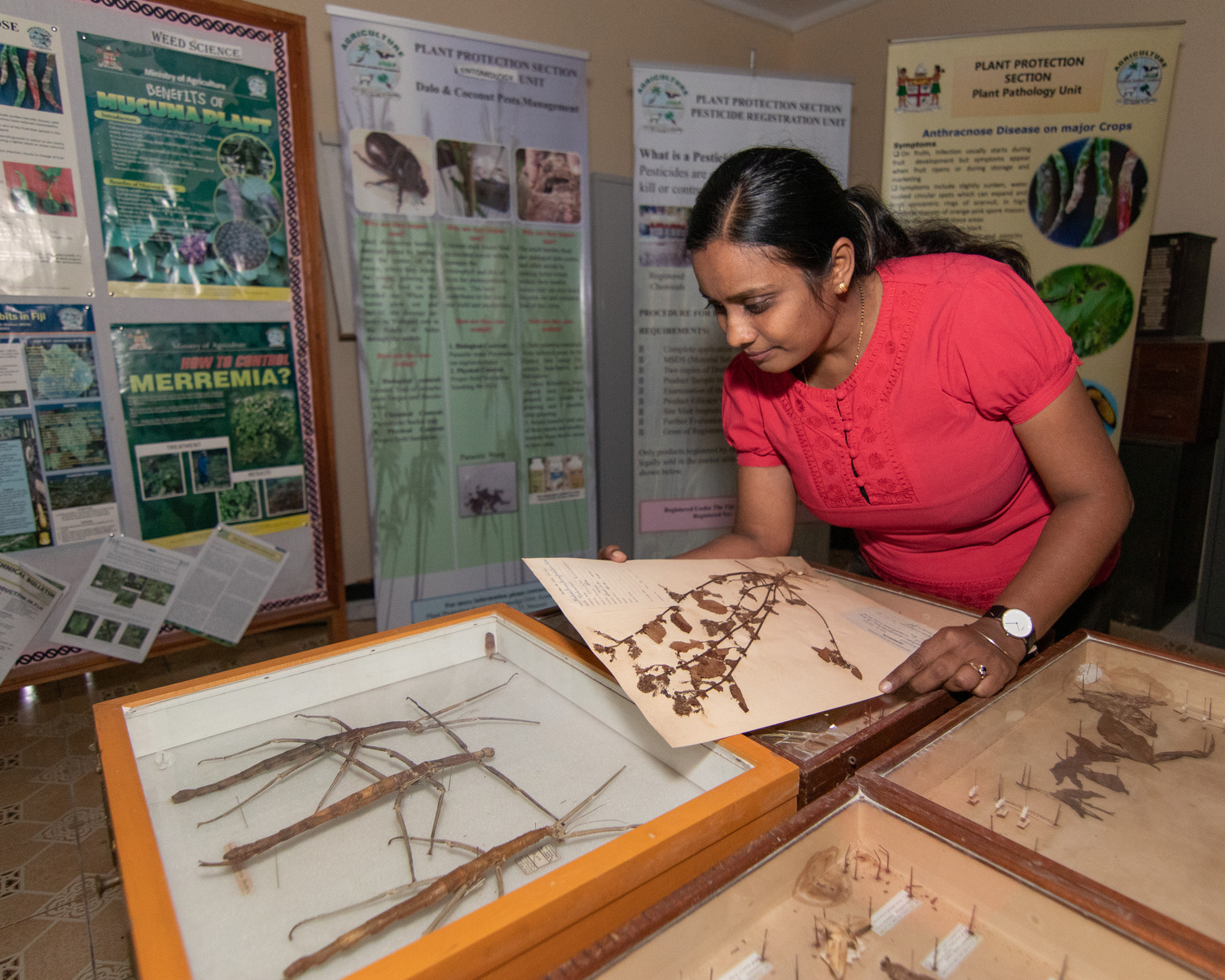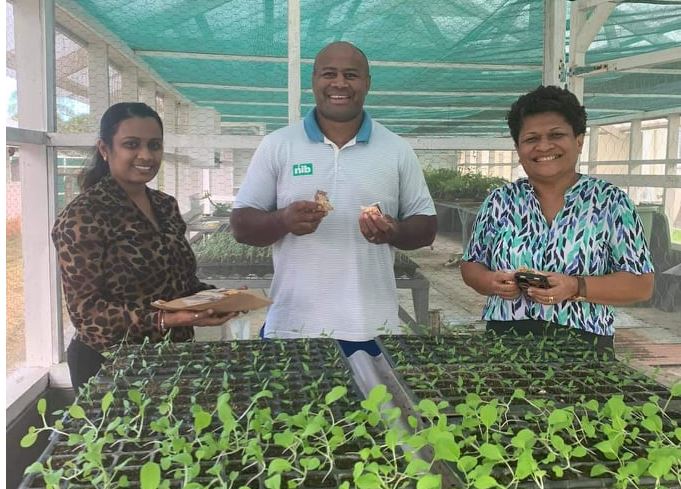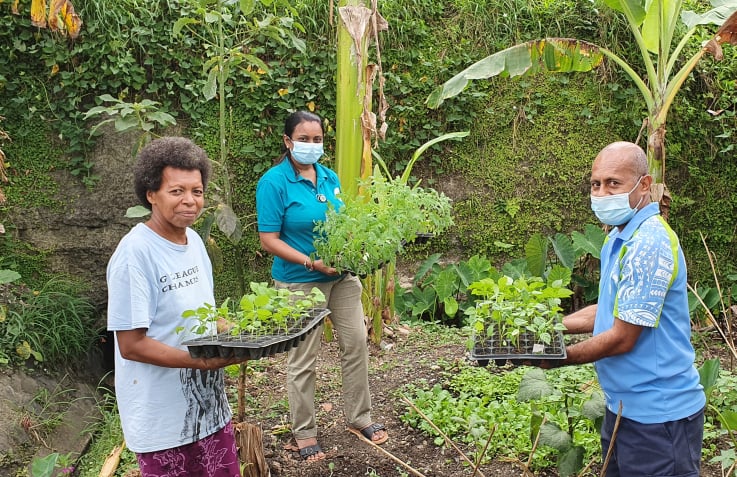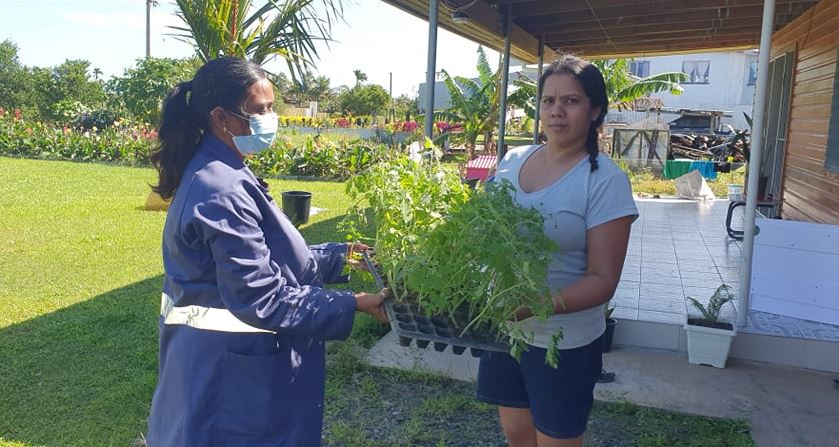- HomeHome
-
About ACIAR
- Our work
- Our people
-
Corporate information
- ACIAR Audit Committee
- Commission for International Agricultural Research
- Policy Advisory Council
- Agency reviews
- Executive remuneration disclosure
- Freedom of information (FOI)
- Gifts and benefits register
- Information publication scheme
- List of new agency files
- Contracts
- Legal services expenditure
- Privacy impact assessment register
- Commonwealth Child Safe Framework
- Benefits to Australia
- Careers
- 40 years of ACIAR
-
What we do
- Programs
- Cross-cutting areas
- Resources
- Where we work
-
Funding
- Research projects
- Fellowships
-
Scholarships
- John Allwright FellowshipScholarships to study in Australia for ACIAR partner country scientists to have Australian postgraduate qualifications
- ACIAR Pacific Agriculture Scholarships and Support and Climate Resilience Program
- Alumni Research Support Facility
- Publications
- News and Outreach
Date released
11 October 2021
The deadly COVID-19 pandemic continues to wreak havoc as global travel restrictions remain in place, impacting many Pacific Islands, including Fiji, which largely relies on tourism as an economic activity.
The unemployment rate has grown from 6% to 35% during the pandemic, seeing more Fijians take advantage of the Government’s home gardening seed distribution initiative as a response to invest in food security.
To help support countries in the region address growing food security and loss of livelihoods, ACIAR announced an Alumni Research Support Facility (ARSF) grant in April 2020 as a swift response to the COVID-19 pandemic. The ARSF enables research projects that build resilience and respond to the pandemic's challenges to agriculture systems in ACIAR partner countries.
The ARSF grant is supporting Fiji's Aradhana Deesh to build on the Fijian Government's home gardening initiative, carry out timely research on evaluating home gardening production practices, and investigate the inequalities and challenges women and youth face in gardening.
'The Ministry of Agriculture has rolled out this initiative, and my research enables me to explore the gender aspect and to determine the kind of support that women and youth need when they are starting off in gardening,' Mrs Deesh said.
Local solutions starting in backyards
Mrs Deesh, who works as a Research Officer at the Plant Protection Section in the Ministry of Agriculture, hopes her research will provide relevant scientific advice to home gardeners in Fiji to improve productivity and prepare them with food security strategies to soften shocks of future pandemics.
'I chose this particular area for my research as this supports the home gardening initiative that the Fijian Government implemented as a response to COVID-19, and I am focusing on mainly women and youth who have been affected by the pandemic and are unemployed or working on reduced hours,' she added.
'COVID-19 has challenged the health system worldwide, and a domino effect has been felt economically, which has impacted agri-food systems and led to challenges for food security, nutrition and livelihoods as well.’
'This pandemic has demonstrated both how health and food systems are linked to one another and how local food systems are linked to global systems. The data that I am collecting from the women and youth provides insight into the challenges the recipients are facing to meet the food and nutritional needs of the family and how this project has assisted them in meeting those requirements,' she added.
Mrs Deesh's main research objectives are to encourage more women and youths to consider farming as a career option by starting off in backyard gardening and support the beneficiaries by enhancing their livelihoods and earning a living through selling the vegetable produce.
The recipients of this project are given cash crop seeds such as long bean, English cabbage, Chinese cabbage, tomatoes, eggplant and, chillies.
'Cash crops grow faster, and the recipients can see results quickly and have a healthy food source for their families and can sell the extra vegetables in the nearby markets, and this supports their livelihoods as well,' she added.
Mrs Deesh, who was also part of the ACIAR-supported Meryl Williams Fellowship for the inaugural 2020 cohort, said the initial findings reflect that women often do not have access to seeds and planting materials.
‘All the beneficiaries were happy to have seeds, planting materials and resources delivered to their doorsteps while strictly adhering to COVID safe measures outlined by local authorities. We also provided the beneficiaries with additional resources such a factsheet which acts as a backyard farming starter guide and contains soil health information, common pests, and diseases, how to prepare seed beds, and harvesting techniques.’
'So essentially, the beneficiaries are receiving a self-starter guide on backyard farming, and I monitor their projects virtually, where they send me photos of the vegetables, and I can easily check if the plants are healthy or require some specific targeted intervention to improve their quality,’ she added..
Mrs Deesh is collaborating with the Fiji National University, the University of New England, and the University of Queensland for her research.
Addressing food security and building new generation of green employment
One of the beneficiaries is Mrs Inise Navusolo who is already reaping the benefits of the home backyard gardening project. At 61-years of age, Mrs Navusolo said she had never considered the benefits of a green job right in her backyard.
‘Before the second wave of COVID, I was employed as a restaurant staff, and I was the breadwinner of my family as my husband is bedridden. After I lost my job, I was really worried how I could feed my family as my youngest child is still in high school’, she added.
Mrs Navusolo explained that when Mrs Deesh contacted her about being a beneficiary for the backyard gardening, she had her reservations.
‘My ancestors have always farmed back in the village, but I have always lived in the outskirts of the city, so space was an issue and Mrs Deesh provided us all the materials and seeds. I have grown cabbage, lettuce, chillies, eggplants, and tomatoes’ all in a greenhouse in my backyard,’ she added.
Mrs Navusolo said that her family is seeing the benefits of eating healthy and she has been able to earn an income by selling additional vegetables to her neighbours.
‘My husband has been bedridden since he suffered from a stroke and he is deemed as high-risk for COVID, I have been making healthy meals with vegetables to boost his immune system and both my daughter and I feel a lot healthier already.’
‘I have also sold cabbage, eggplants and tomatoes to my neighbours and currently I earn about A$20-50 per week, which is enough to buy basic items for my family’, she said.
Future Plans
Mrs Deesh is in the initial stages of her research, but she is already seeing the impact in the life of the beneficiaries. Her long-term goals through the research is to promote home gardening programs for food security through awareness programs and to build resilient social protection systems that can create strategies for the informal sector and promote gender equality.
'I am very proud to be part of the ACIAR alumni, and I am very grateful for the opportunity provided by ACIAR to do this research and for the expertise of the collaborating partners.
‘Due to the second wave of COVID-19, my research plans were put on hold, but all the partners available have provided great insights and support on logistics and technical support,' she said.
ACIAR Research Manager for Horticulture, Ms Irene Kernot added that ACIAR was proud to continue investing in global research collaborations as well as scientific and policy capacity-building activities in a way that directly addresses the challenges posed by the COVID-19 pandemic.
'Findings of this research will assist Fijian women to get the assistance and materials to delve into backyard farming and access nutritious food for their families and support their livelihoods by selling the extra produce. This supports them to be adaptive and resilient to major disruptions to market access and livelihood disruption, such as in times of pandemics,' she added.
Each ARSF project involves fostering a partnership between an Australian collaborator and an ACIAR alumni. The focus is on building the research team's research capacity and provide mentorship and guidance online, where needed.
Mrs Deesh hopes that her research findings will encourage more women in Fiji to explore backyard gardening and, in the future, invest in farming. Once her research findings are published, she will also be publishing a backyard farming guide as a resource tool.
The ACIAR-supported research is being conducted at Ministry of Agriculture in collaboration with the University of New England, the University of Queensland, and the Fiji National University.
Read More about the ARSF here.
